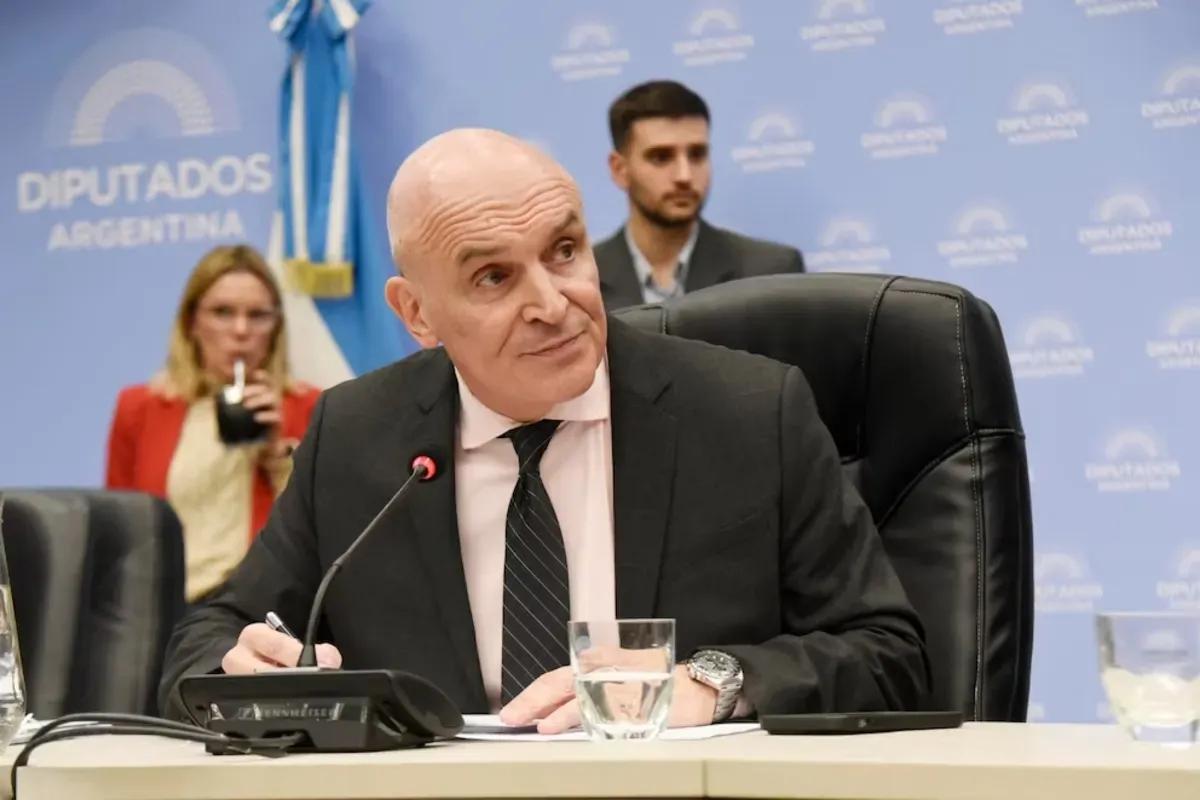A twist that no one expected
In a decision that took the Argentine political spectrum by surprise, José Luis Espert, a well-known economist and current national deputy for La Libertad Avanza, announced his resignation from the legislative candidacy for the elections on October 26, 2025. The move comes amidst a strong media and judicial scandal linking him to businessman Fred Machado, who was arrested in the United States for drug trafficking-related charges. The news had an immediate impact within the libertarian government, where Espert was considered a central figure in Javier Milei's electoral strategy, especially in the province of Buenos Aires. His exit not only disrupts campaign plans but also exposes internal tensions within the governing coalition.
The reasons behind the resignation
Through his social media, Espert explained that his decision is not an admission of guilt but a personal conviction to face the accusations transparently. “Unlike those who, before every electoral campaign, use the same weapons, I have nothing to hide, and I will prove my innocence before the Justice, without privileges or immunities,” he wrote. He also denounced the existence of a “ruthless media trial” against him, to which he refused to continue being exposed. With a defiant tone, he stated that his exit from the race does not mean yielding to political pressure, but rather “putting integrity and responsibility above electoral convenience.”

Meanwhile, Espert submitted his resignation from the presidency of the Budget and Finance Committee of the Chamber of Deputies, a key space for discussing and deciding on the National Budget 2026. His decision, according to legislative sources, aims to prevent personal conflict from interfering with institutional matters.
The political and media backdrop
The controversy erupted after the connection between Espert and Fred Machado, an Argentine businessman living in the United States and arrested for alleged drug trafficking, became known. Although no crimes directly involving the deputy have been proven, media pressure and accusations from the opposition created an unsustainable climate.
Diverse opposition sectors called for his disqualification from holding public office and even promoted projects to suspend him from Congress. Tension escalated within La Libertad Avanza, where there were fears that the case would affect the electoral performance of the party in Buenos Aires.
Espert's decision, according to analysts, seeks to avoid an internal fracture within the government and shield the image of Javier Milei's administration, at a time when public opinion is particularly sensitive to cases of corruption and political ethics.
Reactions from within and outside the government
President Javier Milei himself was one of the first to speak out after the announcement. On his social media, he supported his ally and denounced a “campaign orchestrated by sectors of the traditional political system” aimed at weakening La Libertad Avanza.
However, Espert's exit leaves a difficult electoral gap to fill. His figure held significant weight in the Buenos Aires electorate, where his technical and economic profile countered the more comforting speech of the government.
Party sources confirmed that Diego Santilli was proposed as a possible replacement, although the nomination will have to be reviewed by the Electoral Justice. In the meantime, the campaign team is working against the clock to adjust the communication strategy and reorganize the official ballots.
Legal and electoral consequences
The impact of the resignation is not limited to the political arena. The National Electoral Board requested the Government to evaluate the possibility of reprinting the unique paper ballots without Espert's name and to define who will bear the costs of the procedure. This creates a logistical challenge just weeks before the elections.
From a judicial standpoint, Espert's resignation also has a strategic component. By not holding key positions or running again, he reduces institutional exposure and avoids accusations of using privileges to evade responsibilities. In this way, the economist can prepare his defense from a more independent position, reinforcing his discourse of “transparency without privileges.”
A new political scenario
Espert's decision marks a turning point for the libertarian government. His exit could open up space for new leaderships within La Libertad Avanza, but it also poses the risk of fragmenting a coalition that already faces challenges of internal cohesion.
In the province of Buenos Aires, his exit weakens the campaign structure and forces a reassessment of the message directed at moderate voters, where the economist had high acceptance. In Congress, his resignation from the Budget Committee generates uncertainty about who will take over the leadership of a key area for the government's fiscal policy.

Comments